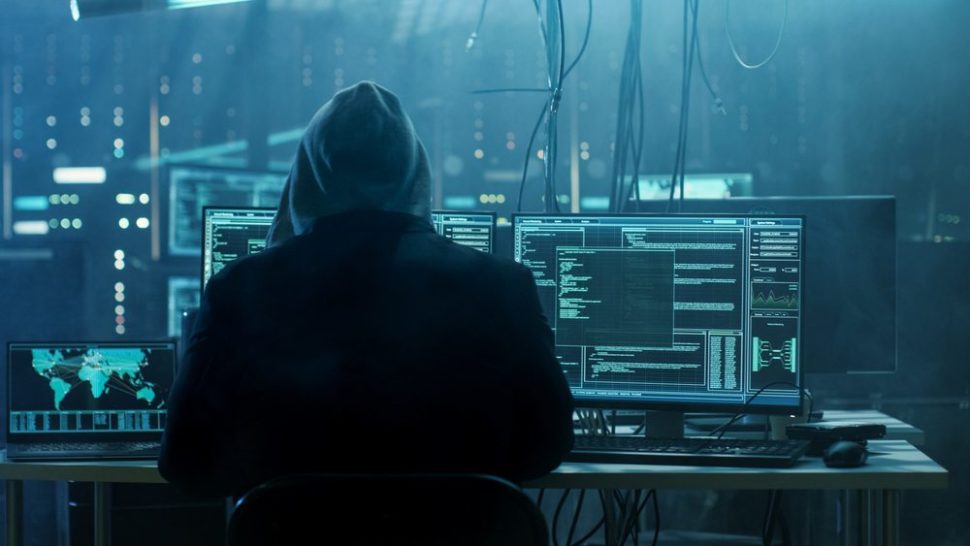Recurring data breaches have emotionally desensitized society to cyber criminality. I think we’ve been down this road with terrorism. Here, we’ll explore further.
Once upon a time, we joked about socially disconnected computer geniuses hacking their way from the comfort of their basement. Now, we’re at the whims of professional hackers who devote all of their time and resources to ensure the success of their highly-successful businesses. A data leak is liquid currency.
This has been a new and worrying trend in recent years.
There are now freelance hackers who put up their skills for hire. There are even hackers for charity who claim they take from the corrupt rich and give to the poor a la Robin Hood.
Hackers now spend a great deal of effort forming groups that oversee their overarching cyber criminal agenda–the same way any tech organization would manage its projects.
Meanwhile, society is accepting data breaches as just a matter of course.
The Booming Economy of the Data Leak
Until the first half of 2017, the number of data breaches in the U.S. hit a record high of 791, which represents an increase of 29% over the same period in 2016, says a report from the Identity Theft Resource Center and CyberScout.
2017 saw 1,500 data breaches, which surpasses 1,093 breaches from 2016.
Of course, this includes several major cyber attacks that made headlines. Oft reported but underestimated, the 2016 Yahoo cyber hack compromised up to 3 billion accounts worldwide and is considered the biggest data leak breach in history.
When the data from over 57 million of Uber’s riders and drivers were hacked, Uber kept mum about this data breach. What’s more, it paid the hackers $100,000 to quietly destroy the stolen data.
The company recently reached a settlement with the U.S. Federal Trade Commission and faces undisclosed monetary penalties over the charges.
The companies whose data is stolen tend to hold back on disclosing breaches as long as they can. When they do, their reports often do not reveal all the personal records that help assess the damage.
As organizations keep treading on similar rakes, the hacking industry is booming with billions of dollars stolen each year.
The 2017 WannaCry ransomware attack alone, which spread across 150 countries, caused global financial loss of $4 billion.
In all, data leaks costs the world’s economy around $450 billion each year.
The insurer Hiscox surveyed 3,000 companies in the U.S., U.K., and Germany to assess their logistic readiness to cyber attacks.
Hiscox Cyber Readiness Report 2017 reveals that less than half of organizations are prepared to deal with a data leak.
The report (from an insurance provider) alludes to the importance of insurance against cyber attacks. And, of course, cybersecurity insurance only makes sense where there is an entire economy centered around cybercrime.
As the cybersecurity economy grows, companies will become laxer toward cybersecurity. It will be easy for businesses to take comfort in the knowledge that any financial loss incurred will be recuperated.
Have we Become Comfortably Numb to Cyber Attacks and Data Leaks?
It seems that notifying victims of data security breaches has become a low priority. But, there’s not much to force a compromised company’s hand.
Regulations on data breach notifications in the U.S., including when and what to disclose, varies by state and by industry.
Worldwide, countries approach the issue differently, with some opting for mandatory universal laws across all industries, and others for sector-based regulations.
Yet, no matter where you are, when the public is notified of a data breach the damage has already been done.
You know what to do when a large data breach occurs, right?
In this situation, the targeted company usually issues a press release revealing the breach, accompanied by basic tips on how to proceed with your account.
Typically, these disclosures come with the simplest advice like “change your password immediately”.
But, in practice, most people simply glance over reports about cyber attacks. They might change their password or check recent transaction history, but, in most cases, attacks come and go until the next one comes along.
In effect, cyber attacks have become a normal and acceptable part of life.
This process follows the desensitization of violence and terrorism in the developed world. Beginning with the Vietnam War, depictions of violence once met public outrage. These days, a Hollywood blockbuster rarely lacks a large-scale fight scene.
We have been down the same road before with cowardly terrorist acts that, due to their frequency and media coverage, have desensitized the public to images and messages of terror.
The persistent acts of hackers cause a similar emotional desensitization.
The frequency of sensational cyber crimes has made the global internet community feel at home, even with hackers’ shadows looming in the corner.
Moreover, hackers themselves have built an ethos, with media reports making their clear and present danger something to consider.
One of the most promising proposed solutions to the world’s cybercrime epidemic is quantum technology.



















A lot of data leakage happens due to accidents and careless behavior, and I guess, the first step to prevent such are people’s common sense. Awareness campaigns about cyber and information security can help reduce common mistakes that leads to data leakage as well.